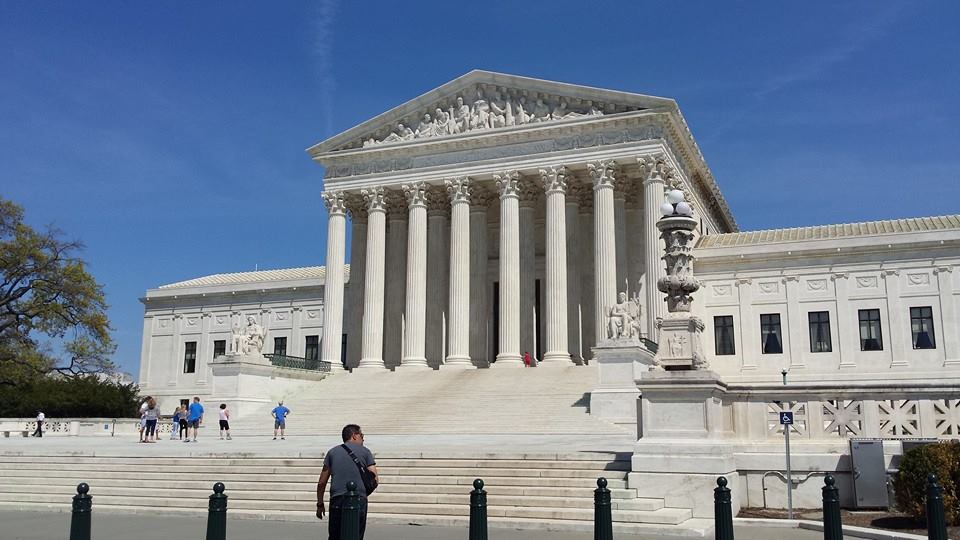A dozen Republican state attorney generals have asked the U.S. Supreme Court to strike down a decision that found Wisconsin’s Republican-drawn legislative map unconstitutional.
A divided panel of federal judges ruled in November that Wisconsin’s map was a partisan gerrymander intended to burden the rights of Democratic voters by entrenching Republicans in power for the next decade. The court ordered lawmakers to redraw the state’s legislative boundaries by November.
The U.S. Supreme Court has yet to decide whether it will hear the case on appeal. In a brief filed by Texas Republican Attorney General Ken Paxton, the 12 states argued the court should get involved.
News with a little more humanity
WPR’s “Wisconsin Today” newsletter keeps you connected to the state you love without feeling overwhelmed. No paywall. No agenda. No corporate filter.
“The district court’s decision invites openly partisan policy battles in the courtroom,” they wrote. “This will expose every state to litigation under a legal standard so indeterminate that any party that loses in the statehouse has a fighting chance of overriding that policy decision in the courthouse.”
Joining Texas in submitting the brief were the states of Arizona, Arkansas, Indiana, Kansas, Louisiana, Michigan, Missouri, Nevada, Oklahoma, South Carolina and Utah.
Wisconsin’s redistricting decision was a first of its kind nationally. It found Wisconsin Republicans intentionally drew maps in 2011 that were focused on reducing the ability of Democrats to turn votes into legislative seats.
To bolster their case, the Democratic plaintiffs who brought the lawsuit used a new way to measure partisanship called the “efficiency gap.” By that metric, Wisconsin’s map is one of the most gerrymandered redistricting plans out of hundreds drawn nationally over the past four decades.
The Republican AGs argued in their brief it would be difficult if not impossible to measure how partisan is too partisan, especially when legislators have a constitutional duty to redistrict.
“And the court has recognized that reapportionment by state legislatures is an inherently political task,” they wrote. “It has never held that a state violates the Constitution by pursuing or achieving political goals through reapportionment.”
The Wisconsin-based Wisconsin Institute for Law and Liberty filed its own brief Tuesday that made similar arguments.
“As this case, and others like it, demonstrate, there is no settled, workable standard by which to decide how much disproportionality is too much,” WILL told the court.
Wisconsin Republican Attorney General Brad Schimel appealed to the U.S. Supreme Court last month. Lawyers for the Democratic plaintiffs who brought the redistricting lawsuit have until Monday, May 15 to respond.
Wisconsin Public Radio, © Copyright 2025, Board of Regents of the University of Wisconsin System and Wisconsin Educational Communications Board.





